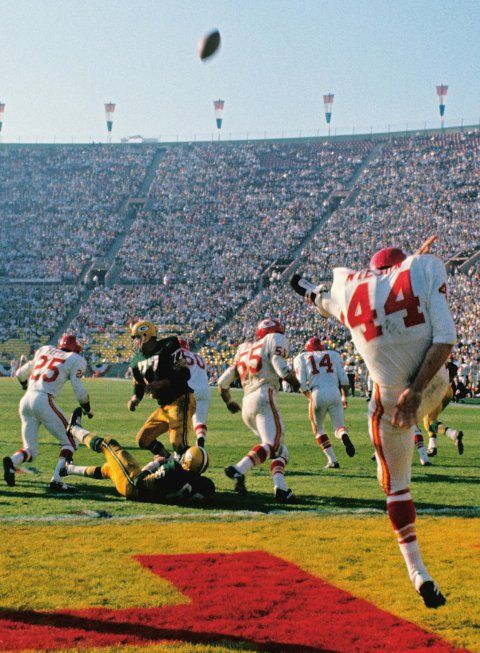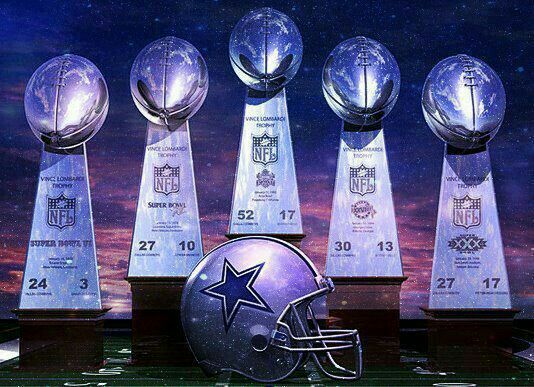A Supreb Legacy: A Look Back at Super Bowl History
The Super Bowl, more than just a football game, is a cultural phenomenon in the United States. Every year, millions gather around their televisions, radios, and even in public spaces to witness the culmination of the National Football League (NFL) season. But how did this iconic event come to be? And what are some of the most memorable moments that have etched themselves into Super Bowl history?
From AFL-NFL World Championship to Super Bowl:
The story starts in the 1960s when two rival leagues, the American Football League (AFL) and the National Football League (NFL), were locked in competition. To settle the question of which league had the best team, an agreement was reached in 1966 to play an annual championship game, initially called the AFL-NFL World Championship Game. The first edition, aptly named Super Bowl I, took place in 1967, with the Green Bay Packers trouncing the Kansas City Chiefs.
While the early Super Bowls saw dominance from the NFL, the tide began to turn in the 1970s with the emergence of AFL teams like the Miami Dolphins and Pittsburgh Steelers. This era also witnessed the birth of the iconic “Super Bowl” moniker, solidifying the event’s place in American pop culture.
Memorable Moments and Milestones:
Throughout its history, the Super Bowl has produced countless unforgettable moments. From Joe Namath’s guarantee of victory in Super Bowl III to the “Miracle on the Hudson” that delayed Super Bowl XLVI, the game has delivered drama, excitement, and even heartbreak.
Some of the most significant milestones include:
- Super Bowl III: This 1969 game, widely considered a turning point, saw the AFL’s New York Jets upset the heavily favored Baltimore Colts, showcasing the league’s competitiveness.
- The Immaculate Reception: This controversial play in Super Bowl XIII (1979) saw the Steelers defeat the Raiders in a way many deemed impossible, solidifying their dynasty.
- The Perfect Season: The 1972 Miami Dolphins remain the only team to complete a perfect season, culminating in their Super Bowl VII victory.
- Super Bowl Sunday becoming an unofficial holiday: The game’s cultural significance grew immensely, with Super Bowl Sunday becoming a day for parties, gatherings, and commercials that became cultural touchstones themselves.
Evolution and Modern Era:
The Super Bowl has constantly evolved, adapting to changing times and fan preferences. The halftime show, initially featuring marching bands, transformed into a global spectacle, featuring iconic performances from artists like Michael Jackson, Beyoncé, and The Weeknd.
The league also implemented rule changes to improve player safety and game flow, while the addition of neutral-site stadiums for the championship game ensured a level playing field.
Beyond the Game:
The Super Bowl’s impact extends far beyond the gridiron. It generates billions of dollars in revenue, boosts local economies in host cities, and serves as a platform for social commentary and activism. Players and coaches become cultural icons, their legacies forever tied to their Super Bowl performances.
Looking Ahead:
With each passing year, the Super Bowl continues to captivate audiences worldwide. Its future remains bright, with new generations discovering the magic of the game and its ability to unite communities in shared passion and excitement. Whether it’s witnessing a record-breaking performance, a nail-biting finish, or an unforgettable halftime show, the Super Bowl promises to continue generating memories and shaping American culture for decades to come.



